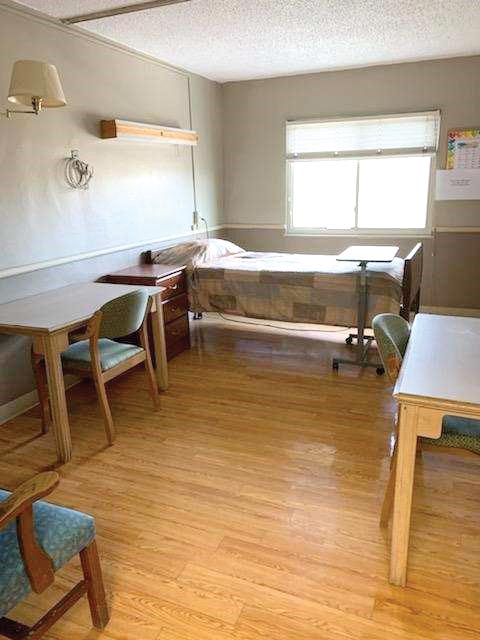The Alliance Creates a Dedicated COVID-19 Recovery and Rehabilitation Unit
What should not be lost in all the daily reports of COVID-19 casualties is the reality that people are recovering. In fact, the vast majority who contract the virus will get better.
That, however, creates another challenge for the healthcare industry already facing a year of unprecedented challenges. How do you assist recovering COVID-19 patients who are stable enough to move out of a hospital to a short-term step-down unit, freeing up critical care beds in the hospital?
A significant part of that local question was recently answered with the opening of a dedicated 25-bed COVID-19 recovery-and- rehabilitation unit at Anchorage Healthcare Center in Salisbury.
“Anchorage took the lead, knowing this is important to the community,” said Dr. Kathryn Fiddler, vice president of Population Health for the Peninsula Regional Health System (PRHS). “We are meeting daily with our post-hospital care providers in the region and working together to ensure the safety and welfare of our community.”
The unit, with its own highly trained, volunteer team, will provide skilled nursing care for COVID-19 patients who are not yet able to safely stay at home or care for themselves. These could include patients requiring IV treatments, antibiotics and respiratory support. Equally important is the physical therapy component. It is designed to help patients resume the normal activities of daily life, such as feeding themselves, getting up and down stairs and in and out of their vehicles.

“Our entire healthcare system is working together to meet this incredible challenge,” said Fred Stratmann, spokesman for the CommuniCare Family of Companies. “We feel it’s important for us to do our part and to be transparent with our residents and their families, our staff and the community as a whole about what we are doing.”
A lot of extra work went into designing the unit. A double-plastic wall was installed at the entrance, and all edges were sealed. A decontamination area was established for carts, trays and equipment coming off the unit. A changing area was set up for the team to get into their personal protective equipment, which is being kept in the isolation unit. Precautions were taken to create a negative-pressure environment and to ensure the heating, ventilation and air conditioning systems would stay separate from the rest of the center.
“Anchorage took the lead, knowing this is important to the community. We are meeting daily with our post-hospital care providers in the region and working together to ensure the safety and welfare of our community.”
— Dr. Kathryn Fiddler, vice president of Population Health for the Peninsula Regional Health System
“The continued safety and well-being of all our residents is our highest priority. We created this unit following all industry guidelines on establishing isolation units and have put similar units in place in other centers where residents have tested positive for COVID-19,” Stratmann said. “This unit is on a completely different floor than the rest of our resident rooms, and we are confident that we can keep all residents safe with the plan we have in place.”
Peninsula Regional Medical Center (PRMC), which is essentially a neighbor to the Anchorage Healthcare Center in Downtown Salisbury, has been providing education and training for staff on appropriate protective gear and protective measures. PRMC clinicians are also working with their counterparts at Anchorage to develop medical pathways for care and making sure patients will have the support system they need to continue getting well upon discharge.
“This includes medications and other care support they may require,” added Dr. Fiddler. “We and our Anchorage partners are creating ways to safely transition them home and to guarantee follow-up care will be provided for as long as it’s required. It’s a great honor to be working with our amazing community partners who are redefining and redesigning care.”
